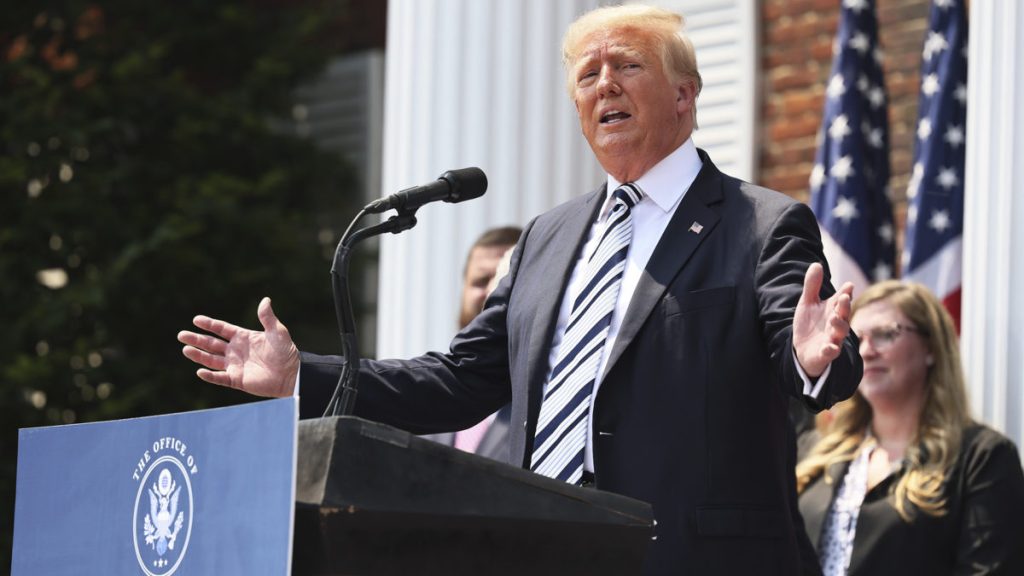The article was originally published by vox.com
Well, the Supreme Court fight over our insurrectionist former president is finally upon us.
On Thursday, the Court will hear oral arguments in Trump v. Anderson, the case asking whether Colorado’s highest court was right to remove former President Donald Trump from the ballot because of his role in the January 6 insurrection. If the justices affirm the state court, that would most likely mean that Trump is removed from the ballot everywhere — because a constitutional ruling by the Supreme Court binds every judge in the country.
Section 3 of the 14th Amendment provides that no person who previously held high office may serve in such office again if they “have engaged in insurrection or rebellion” against the Constitution. The Colorado Supreme Court ruled that Trump violated this clause when he incited his followers to attack the US Capitol, in a failed attempt to overturn the 2020 election.
Anyone who thinks Anderson will be the deus ex machina that saves America from the Bad Orange Man, however, would do well to remember who sits on the Supreme Court of the United States. The Court has a 6-3 Republican supermajority, and half of the Republican justices were appointed by Trump.
That said, Trump’s lawyers, in their brief to the justices, gave his fellow partisans on the Court little to work with. As election law scholar Rick Hasen writes, “the arguments that Trump has advanced in his most recent brief are weaker and more hedged than I would have expected,” and “it’s hard to know exactly where the court goes from here,” given this meager performance by the former president’s attorneys.
So, if you are a gambler, you’d be wise to bet on Trump prevailing in the Supreme Court, even though it is far from clear how the justices will justify such a decision.
Ian Millhiser is a senior correspondent at Vox, where he focuses on the Supreme Court, the Constitution, and the decline of liberal democracy in the United States. He received a JD from Duke University and is the author of two books on the Supreme Court.
This article was first published by Vox.com, read more.



